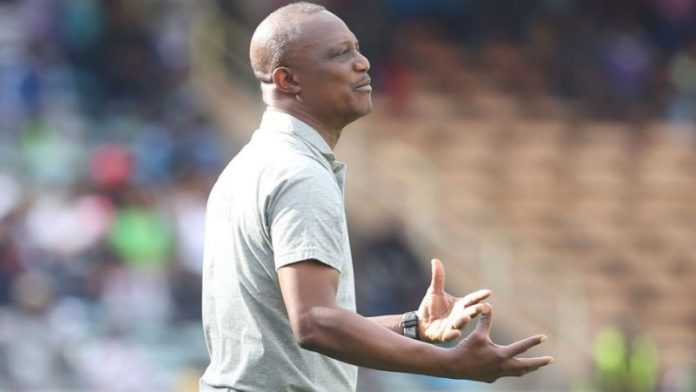While the fairness of that crucial second booking which saw Boye walk
could be debated, what is undisputed is the effect it had on Ghana’s approach.
See, at the point of Boye’s exit, Ghana — though with the greater momentum after coming back from 0-1 — were as close to being tied again as they were to extending their lead. The margins were finer than the disparity between the two teams’ respective pedigrees suggested; against opponents they outnumbered and even bullied with impudence and impunity, Benin poured forward.
In reacting, the least sensible thing Appiah could have done was to go
gung-ho — even after Mickael Pote’s leveler, yes — by committing numbers to
attack, presumably by introducing Asamoah Gyan or some other offensive-minded
substitute. Clinging to a point felt safer than chasing three, and Appiah set
up shop that way for the remainder of the game; the late introduction of Empoli
enforcer Afriyie Acquah underscored that much.
Then there is the argument about why Appiah, in direct response to going
a man down, opted to sacrifice Samuel Owusu — lively after himself replacing
injured winger Thomas Agyepong — instead of the less impressive Christian
Atsu. In truth, either man could have been the sacrificial lamb, but Appiah
chose to stick with Atsu, a veteran of three Nations Cups and a Fifa World Cup,
over a rookie; if that was a crime, it’s not one I couldn’t pardon.
When, after the game, MVP Jordan Ayew conceded that the draw felt “like a win”, he wasn’t exaggerating. Appiah played his cards in a manner that ensured Ghana squeezed the most it could under the circumstances. In the end, it all comes back to that single turning point — Boye’s red card — and nothing more.
Daily Mail GH






